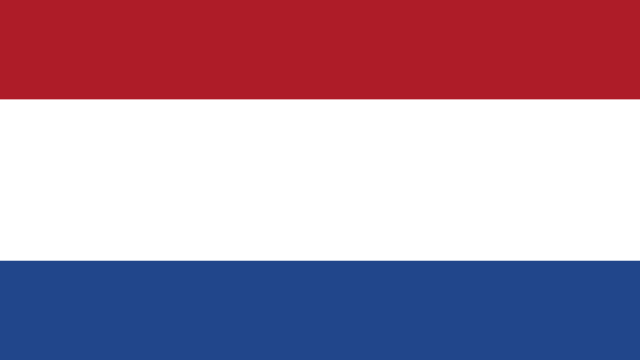Netherlands
Netherlands has achieved 82.7% basic digital skills coverage, compared to the EU average of 55.56%. This puts the Netherlands above the overall target for the EU 2030 goal, which aims to have 80% of the EU population possessing at least basic digital skills. According to the Digital Decade report 2025, the percentage of ICT specialists in employment, with a 7%, surpasses the EU average of 5%. The share of female specialists in 2024 was 18.7%. The Netherlands has long been a leader in digital innovation owing to its strong research base. However, it faces challenges from ICT labour shortages and declining public investment in innovation and digital education. The country is committed to countering disinformation and protecting children online.
The Dutch government has adopted several state strategies and national initiatives to promote digitalization, including the National Cybersecurity Strategy 2022-2028, the Action Plan for Green and Digital Jobs, the Digital Economy Strategy, and the the I-strategie Rijk 2021 – 2025 (State I-strategy). Additionally, the Netherlands' recovery and resilience plan supports the digital transition through investments in advanced technologies like quantum technology and artificial intelligence. Funding is also allocated for ICT infrastructure, smart mobility, digitalization of education and health, and the development of digital skills.
Quantum Delta NL, with the assistance of 264 million EUR from the Recovery and Resilience Fund, establishes a fully functional national ecosystem for excellence in quantum innovation, allowing highly skilled professionals to deliver quantum computers, quantum networks, and quantum sensors to market. Furthermore, Smart Industry program was founded by the Ministry of Economic Affairs to accelerate the digitization of the manufacturing industry.
The Netherlands ranks 1st out of the 27 EU Member States in the DESI dashboard for the Digital Decade for the 'At least basic digital skills' indicator, with an impressive 82.7% of its population possessing at least basic digital skills.






